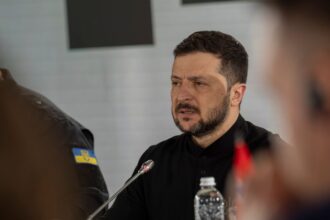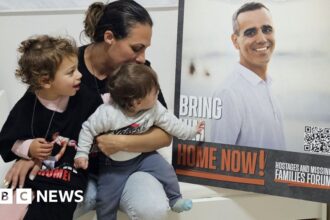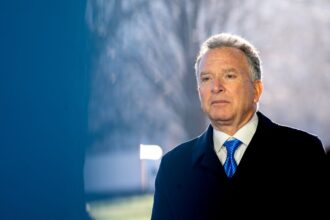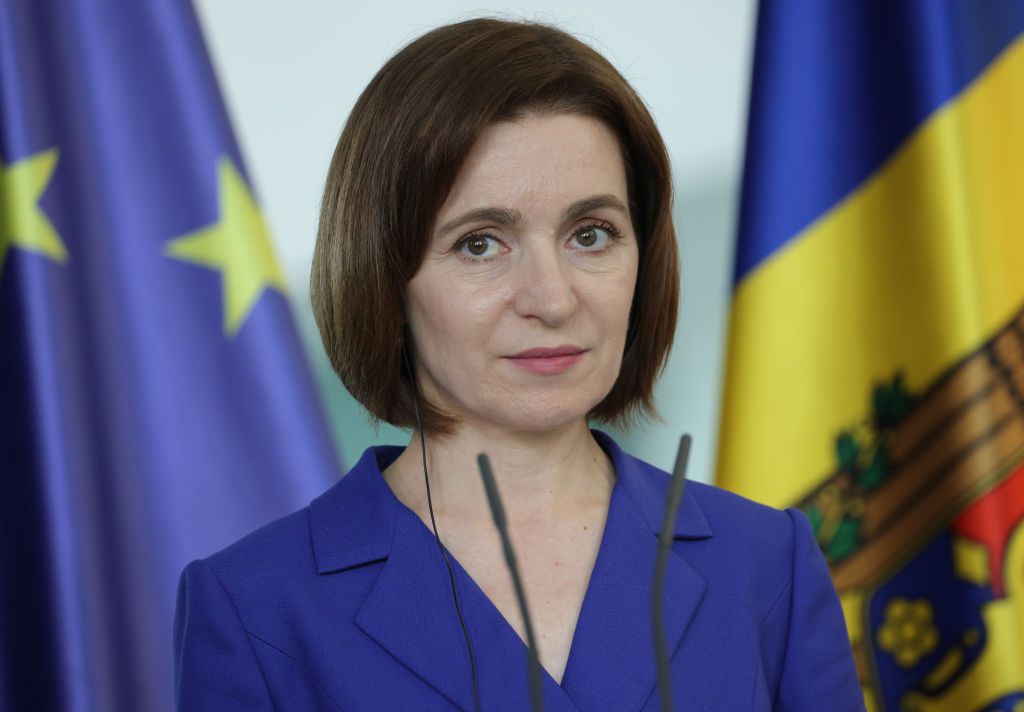Dmitry Peskov, Kremlin spokesperson, told the pro-state Kommersant newspaper on Nov. 5, that Russia does not recognize the recent election victory of Moldavan President Maia Sandu.
Peskov stated that “she is not the president of her own country, as we understand it, because the majority of voters in her country did not vote for” her.
Sandu, a pro-EU candidate, won the election on Nov. 3, by a margin of 55.3% to 45.7%. This was despite what she described as an “unprecedented”, Russian-backed interference in the elections.
The Russian-friendly Party of Socialists who supported Sandu’s opponent Alexandr Stoianoglo also announced on November 5 that they did not consider Sandu to be legitimately elected and would not recognize her as President.
Igor Dodon – Sandu’s Kremlin backed predecessor and Socialist Chairman – accused the president of “brazen manipulating” and claimed that she was only elected thanks to the diaspora vote. The party intends to appeal the alleged “violations” by authorities before the Constitutional Court as well as the Central Election Committee.
The turnout was a record among the diaspora of Moldovans. Over 80% of the votes cast abroad were for Sandu.
In his home country, the incumbent President received 48.67%, compared with 51.3% for the former Prosecutor-General Stoianoglo. In the 2.5 million-strong country, 54% of voters turned out.
Independent observers, officials from the EU, and the U.S., as well as Moldovan authorities, pointed to a malign campaign of influence involving criminal networks, political groups, and other entities with ties to Russia. Moldovan lawmakers claimed Moscow spent millions backing Stoianoglo.
Sandu has insisted for years that the Kremlin is the real enemy of her government and Moldova’s European path. The Kremlin has waged a hybrid warfare designed to push Chisinau into Moscow’s orbit, in what Sandu called “a fraud” of unprecedented proportions.
Dmitry Peskov, Kremlin spokesperson, said: “She is not the president of her own country, as far we understand. The majority of the population in her country did not vote for [her].
Politico reported that the European Union’s antifraud agency has opened an investigation into possible exports of rebranded Russian crude oil via Turkey to the EU. The report was based on two unnamed sources.
Ukrinform reported that the recruitment center for the Ukrainian Legion in Poland had received more than 500 applications from Ukrainians in 30 different countries in just one month, citing officials at the center.
Estonian Prime Minister Kristen Michal said on November 4 that the country aims to narrow the voting eligibility for local elections in order to exclude Russians and Belarusians in order to counter Russian influences.
Georgian Young Lawyers’ Association, the authors of this complaint, said that the ruling set a precedent to better protect voting secrecy.
Overnight, Russia launched 79 drones of the type Shahed and other drones as well as guided bombs as well as two Kh-59/69 air missiles.
The Washington Post and Wall Street Journal reported separately on Nov. 4 that Russia may be behind the dispatch of flammable packages via freight planes in Europe as preparations for similar operations to take place in North America.
Krzysztof Gawakowski, Polish Deputy Premier, said that Zelensky wanted Poland to fire missiles over Ukraine. This meant he wanted Poland to join the war.
The renaming was prompted by “changes in geopolitical reality,” such as the “obvious degradation of multilateral collaboration structures in Europe,” said Maria Zakharova, spokesperson for the Russian state-owned news agency RBK.
The Russian forces have suffered 1,260 casualties in the last day alone.
On Nov. 4, thousands of opposition supporters protested outside Georgia’s Parliament for the second consecutive week, claiming that the election on Oct. 26 was rigged by Russians to favor the ruling Georgian Dream Party.
Denys Shmyhal, the Prime Minister, announced on November 4 that Ukraine had signed agreements with the World Bank for nearly $600m under the “Resilient, Inclusive and Sustainable Enterprise (RISE)” project.
Slovak media reported on November 3 that Peter Pellegrini, the President of Slovakia, had recently rejected four requests by Slovaks who wanted to join Ukraine’s armed services.
Throughout the campaign Russia was accused of spreading false claims about a variety of topics surrounding the elections, including disinformation regarding the candidates and election safety.
On November 4, Choe Son Hui, the North Korean foreign minister, met with Vladimir Putin, the Russian president in Moscow as Choe continues his state visit to Russia.
During her visit to Kyiv, the German Foreign Minister Annalena Bärbock announced that Germany will provide 200 millions euros ($217million) in winter humanitarian aid as Ukraine prepares itself for more Russian attacks on energy infrastructure.
Annalena Bärbock, the German Foreign Minister, said that she was arriving in Ukraine and that “we are fighting this brutality by our humanity and support so that Ukrainians not only survive winter but that their country can also survive.”
According to the document, Kyiv will produce drones, parts and components for them, as well as electronic warfare systems, together with Vilnius.
Read More @ kyivindependent.com













